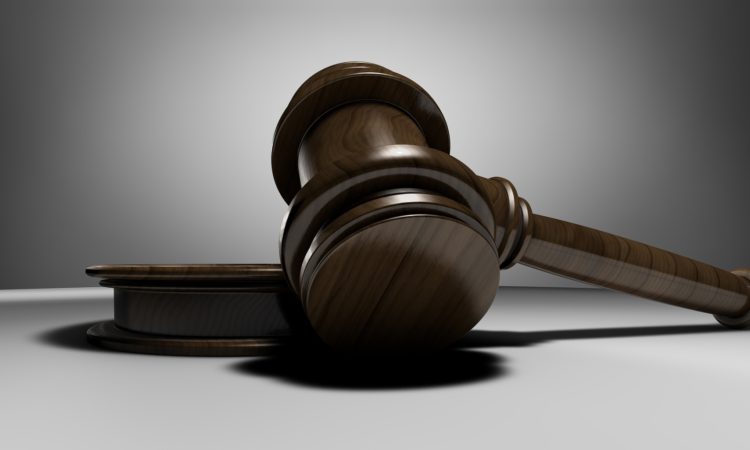
Probate is a legal process that proves the last will and testament, which means verifying the will is legal and that the deceased person’s intentions are handled as specified. Probate may also occur if there is no will and it is up to the probate court to determine how assets are distributed to the deceased person’s loved ones.
For smaller estates, probate will only take a few weeks, sometimes months. However, for larger estates, the probate process can take years or more. Anyone who has a valid claim to the deceased person’s assets or estate can contest the will in place or they can file a petition with the probate court. If this happens, the process required to settle the estate will take even longer.
What many people believe is that a will is going to help them avoid probate. However, according to Probate law, this is not the entire case. The terms in the will are used to guide the probate process, which makes it easier for everyone.
There are some assets that will not go through probate. This includes life insurance policies, retirement funds, and bank accounts, which will all be transferred to the beneficiary when the owner dies. The assets in a trust are then managed and distributed individually from probate based on the terms outlined in the trust.
When Will Probate Start?
If a person dies, their assets will become a part of their estate unless there is someone who co-owns them, like a spouse. How the assets are given to the decedent’s family is a part of the probate process.
If there is a will, it will be evaluated by a probate judge who will determine if it is legal. The will is then used to direct probate, but the terms can be contested. If the decedent didn’t leave a will, they will be considered to have passed away intestate, which is when the court will determine the heirs of the estate. This is a decision that can also be contested.
After the will has been proved, the terms are executed. This is the reason that the person who is nominated to represent the estate is referred to as the executor. They serve as the personal representative for someone’s estate. If there is no will, the person who is assigned by the court to manage probate is the personal representative and called an administrator. Any of the feels that are associated with executing the will or administering the person’s estate will be paid out of the assets that are part of the estate.
Hiring a Probate Lawyer
When dealing with probate, there are more than a few factors to consider. Be sure to keep the tips and information here in mind to achieve the desired results. Doing so is going to help ensure that the probate process is understood and moves forward smoothly. Hiring an attorney to help with probate is recommended for those who are unsure what to do or how to move forward with the process.





